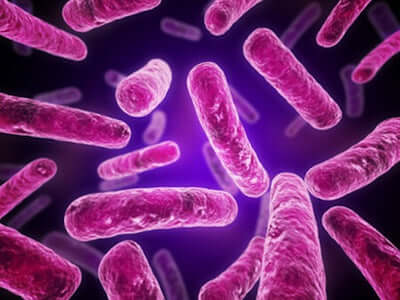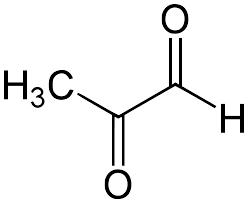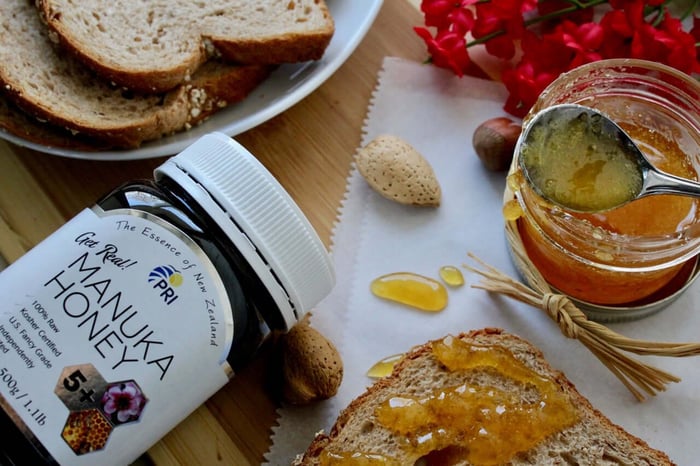
There are lots of articles out there that talk about how great Manuka honey is for wound care and how it can kill different bacteria but unless you have a science degree or a keen interest in how bacteria works its pretty difficult to understand how it actually does this. So let zme break it down for those of you that are interested.
Essentially all bacteria have a shape some are round (Cocci which comes from the Greek word seed/berry), some are rod-shaped (Bacilli which comes from the Greek word for staff) and of course there are spiraled shaped (spirilla) but we won’t touch on these. The different shapes of bacteria represent the different types of bacteria and not whether or not they are good or bad for you. But not only do bacteria come in different shapes they also come in different arrangements. For example,
Streptococcus is a long chain of round cells, staphylococcus is a grape like cluster of round cells, and Bacillus is a loose arrangement of the rod shaped cells. These arrangements of bacteria divide, and conquer by proliferating into millions of copies of themselves. These millions of copiesthen overwhelm the bodies immune system and cause an infection.(1)
Many of these infections are antibiotic resistant and hence the need for alternative therapy’s to treat infections caused by these bacteria. But I moved off topic so lets get back to what studies have seen honey do to bacteria.
To start scientists need to be able to see these bacteria. This requires scanning (SEM) and transmission (TEM) electron microscopy, which scan the surface of the bacteria to produce an image that shows what is happening to it. In a study by Henriques et al. they tested Manuka honey and an artificial honey on the bacteria Staphylococcus aureus (a common cause of wound infections).
Here they found that the cells treated with honey failed to progress through their cell division. Without being able to divide the bacteria could no longer conquer their petri dish. They also found that when the bacteria was removed from the honey solution it did not recover from the exposure suggesting that the inhibitory effect of honey was irreversible. (2)

In another study conducting by Roberts et al. they tested honey on P. aeruginosa ( a common bacteria found in burn victims). Here they found that Manuka honey at low doses also slowed bacteria growth but treatments of 20% actually caused this particular bacteria to die (lysis). Lysis means the cell wall of the bacteria actually breaks apart so that cell becomes floating debris which the body can get rid of.
They also found in this study that Manuka honey stopped the bacteria from congregating and forming a biofilm. Biofilms are when bacteria adhere to one another as they accumulate in one spot. This adhesion makes them stronger and more resistant to stressors, such as antibiotics. (3)
These studies show that Manuka honey can be used as both a sole agent in the treatment of infections as well as a supplement to conventional antibiotics treatment for resistant bacterial infections. Sending the Manuka honey in to slow the bacterial growth and then following or simultaneously treating with an antibiotic can change the once resistant bacteria to a much weaker version of its self which can then be killed off by antibiotics. In some cases this drug synergy and combined activity is greater than the sum of the individual activities of each alone. (4)
So you ask why isn’t Manuka honey being used in the medical field on a regular basis? There are various reasons for this, including technical difficulties in preforming double-blind placebo-controlled trials on a distinctive substance like honey, ethical considerations, lack of interest by clinical practitioners and cost-versus-benefit to honey companies. Of course these may change as antibiotic resistance erodes our current treatments for wound infections and ongoing research continues to highlight the potential of honey for medical practitioners. But until then keep rooting for Manuka honey and stay informed.(5)
Sources
- What are the various shapes of bacteria
https://www.quora.com/What-are-the-various-shapes-of-bacteria
- Henriques A.F. , Jenkins R. E., Burton N.F., Cooper R.A. (2010). The intrcellular effects of manuka honey on Stahylococcus aureus. Eur.J. Clin. Microbiol. Infect. Dis. 29 45-50. 10.1007/s10096-009-0812-2
- Roberts E.L. Aled, Maddocks S. E., Cooper R. A.(2012). Manuka honey is bactericidal against Pseudomonas aeruginosa and results in differential expression of oprF and algD. Microbiology. 158 3005-30013. http://doi10.1099/mic.o.062794-0.
- Carter, D. A., Blair, S. E., Cokcetin, N. N., Bouzo, D., Brooks, P., Schothauer, R., & Harry, E. J. (2016). Therapeutic Manuka Honey: No Longer So Alternative. Frontiers in Microbiology, 7, 569. http://doi.org/10.3389/fmicb.2016.00569
- Lu, J., Carter, D. A., Turnbull, L., Rosendale, D., Hedderley, D., Stephens, J., … Harry, E. J. (2013). The Effect of New Zealand Kanuka, Manuka and Clover Honeys on Bacterial Growth Dynamics and Cellular Morphology Varies According to the Species. PLoS ONE, 8(2), e55898. http://doi.org/10.1371/journal.pone.0055898
Manuka Honey Blend

$ 18.99
Our family was the first to bring distinctive, authentic, cool-processed, raw Manuka Honey to the U.S. Sourced from native Manuka trees found in New Zealand & Australia, Manuka Honey has been used for centuries by native peoples. Today doctors, naturopaths,… Read More
Manuka Honey 60+
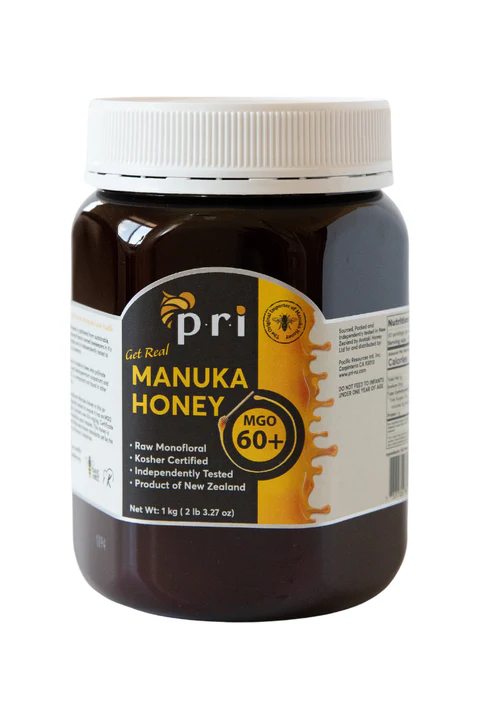
$ 51.99
***New Label - Same great Manuka honey!*** Our family was the first to bring distinctive, authentic, cool-processed, raw Manuka Honey to the U.S. Sourced from native Manuka trees found in New Zealand & Australia, Manuka Honey has been used for… Read More
Manuka Honey 100+
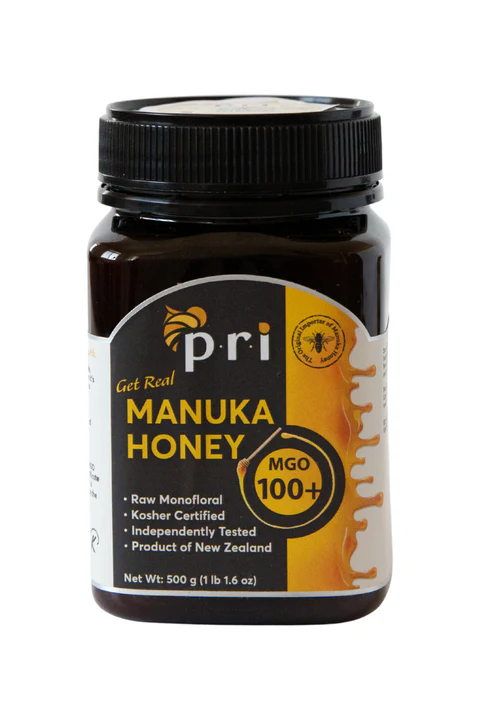
$ 31.99
Our family was the first to bring distinctive, authentic, cool-processed, raw Manuka Honey to the U.S.Sourced from native Manuka trees found in New Zealand & Australia, Manuka Honey has been used for centuries by native peoples. Today doctors, naturopaths, and… Read More

